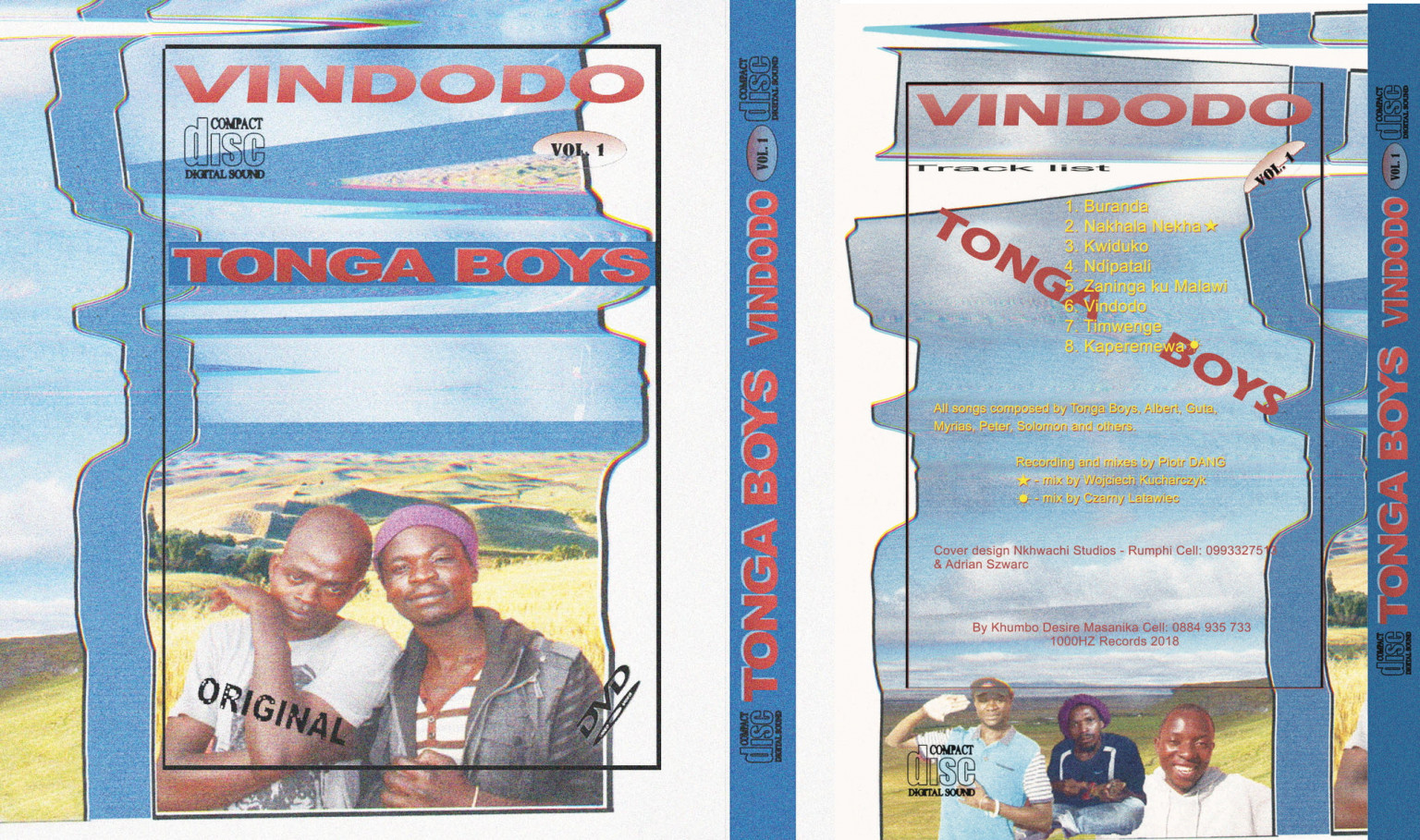
Production of sound, production of knowledge
The audio paper assembles voices talking about the electronic production of a sound and music in Malawi, its link to the digital media circulation and relationships of media with social experiences such as religious rituals, local and global economies. The presented case concerns an experimental ethnographic fieldwork project with a local band named Tonga Boys. Two sides of the experiment were: the production of a CD and the multivocal emergence of the anthropological knowledge.
Throughout the process of the record production, the ethnographer and the band combined local rhythms vimbuza, connected with a possession cult of the same name and methods of the digital sound production developed in Malawian studios. Vimbuza, because of its affinity to spiritual beings of non-christian provenience, locates outside from Malawian media-sphere dominated by electronic gospel music. The relationship between vimbuza and gospel addressed problems of local and global hierarchical relations as well as ontological differences between sound environments. The distributions of vimbuza among Malawi shows the hierarchical interconnectedness of social spaces. In the same time, this musical practice reveals the links between certain technologies and spirituality.
The audio paper blurs distinctions between a lecture, radio reportage, audio-play, research report and DJ-set, at the same time evoking disjointed and multilayered sound environments of a Malawian city. I replicated those noisy sound gestures in the European studio. The distortion of the ethnographer's voice challenges the hegemonic construction of the speaking subject as a high-quality standard commentator.
Rather than summarizing the problem with a theoretical statement, the audio paper evokes paradoxes of interconnections and otherness. Paradoxically the sound binds the global hierarchical power and the distinct ontologies together. Throughout the experimental collaboration with the Tonga Boys local rhythms became digital files in global networks for music distribution.

